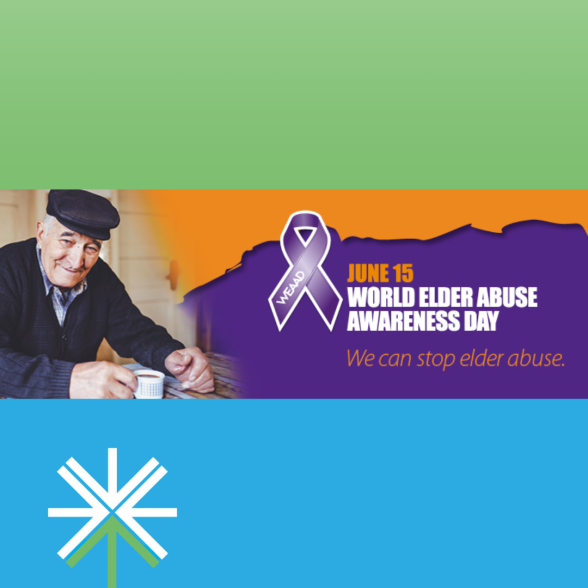The United Nations observes World Elder Abuse Day on 15 June each year, and states o their website that “Globally, the number of cases of elder abuse is projected to increase as many countries have rapidly ageing populations.” The WHO states:
“Between 2019 and 2030, the number of persons aged 60 years or over is projected to grow by 38%, from 1 billion to 1.4 billion, globally outnumbering youth, and this increase will be the greatest and the most rapid in the developing world and recognizing that greater attention needs to be paid to the specific challenges affecting older persons, including in the field of human rights.
Elder abuse is a problem that exists in both developing and developed countries yet is typically underreported globally. Prevalence rates or estimates exist only in selected developed countries — ranging from 1% to 10%. Although the extent of elder mistreatment is unknown, its social and moral significance is obvious. As such, it demands a global multifaceted response, one which focuses on protecting the rights of older persons.”
World Elder Abuse Day highlights Elder abuse and is a day when we can all learn not only how to acknowledge and recognise signs of Elder abuse, as take action to prevent it.
With more than 57 million people living with dementia globally, of which approximately 91% are older people, it is very relevant to our members. Stigma, discrimination, and negative attitudes towards people with dementia, as well as some of the myths such as “people with dementia are not all there”, are “empty shells”, or will not remember abuse, contribute to the incidence of abuse, and the apparent ease through which it occurs. A lack of reporting is also a deep failure of not only our systems, but of others witnessing or suspecting elder abuse.
Elder abuse is any act which causes harm to an older person, often carried out by someone they know and trust. It is hard to conceive of anyone abusing any older person, including a person with dementia, and it is very distressing to know that it is very common. The abuser is often someone the person knows, including:
Son, daughter or grandchild
Partner, husband, wife
other family members
friend or neighbour
care worker or health care professional
Sadly, abuse is more often intentional. The harm caused to an older person may range from the effects of verbal harassment, forms of manipulation, through to serious physical injury inflicted deliberately. Harm can also include emotional harm and financial loss including the loss of a home and belongings.
The older person may be dependent on the abuser, for example if they rely on the abuser for care or are living in an institutional setting. It is sometimes common for the abuser to depend on the support of the older person, for example for accommodation.
Elder abuse can take many forms, and often, more than one type of abuse will occur simultaneously.
Emotional (or psychological) abuse: Using threats, humiliation or harassment causing distress and feelings of shame, stress or powerlessness. It often occurs in combination with other forms of abuse.
Neglect: Intentionally failing to provide the basic necessities of life such as food, medication, warmth etc.
Financial abuse: Using someone’s money, property or other assets illegally or improperly or forcing someone to change their will or sign documents.
Physical abuse: Inflicting pain or injury by hitting, slapping, pushing or using chemical or physical restraints.
Social abuse: Forcing someone to become isolated by restricting their access to others including family, friends or services. This can be used to prevent others from finding out about the abuse.
Sexual Abuse: Any sexual activity to which the older person has not consented. This can be perusing sexually explicit print or electronic materials in front of the older person, not giving the older person privacy when they bathe or shower or sexual assault.
Some forms of abuse are criminal acts, for example physical and sexual abuse. Alleged criminal activity should be reported to the police.
However, we must all find ways to stop all forms of Elder abuse, not just those that are reportable.
Three events being hosted on World Elder Abuse Day are listed below, but if you google your country and the topic, you will probably find open to attend in your own time zone.
